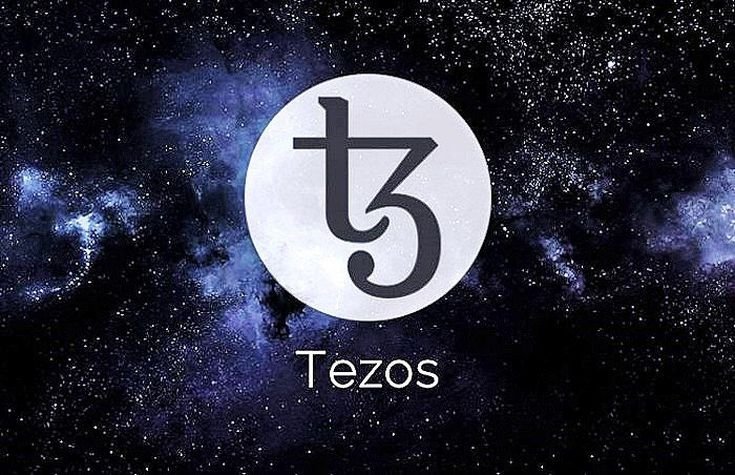
In continuing with our recently started and hopefully long-lived tradition of putting out educational content on various cryptocurrencies, we thought we’d take this opportunity, with their recent Babylon upgrade, of highlighting Tezos.
We’re going to stay away from all the drama and controversy that surrounded their uncapped $232 million ICO. Things have settled down since then and we’re hopeful that the team will execute on their vision for a self-amending protocol (more on that below) and ultimately help their currently languishing price.
What is Tezos?
First off, the basics. Tezos is a blockchain protocol that supports Smart contract development similar to Ethereum, with the important distinction that is has a process for upgrading the protocol through an on-chain governance process.
According to the project’s website, “Tezos is a decentralized blockchain that governs itself by establishing a true digital commonwealth and facilitates formal verification, a technique which mathematically proves the correctness of the code governing transactions and boosts the security of the most sensitive or financial weighted smart contracts.”
Breaking this down,
a. a commonwealth is a group that chooses to be linked together due to their shared interests,
b. formal verification is a mathematical process by which developers can prove the correctness of their smart contracts. Tezos makes this possible by using a language called Michelson for it’s smart contracts.
Governance
As mentioned above, the main distinguishing factor and what makes Tezos interesting to us is their notion of Governance. They have a well defined on-chain governance process through which the protocol upgrades occur. This helps the system evolve itself smoothly and avoid contentious hard forks, such as those seen with both the Bitcoin and Ethereum networks.
The process goes somewhat like this:
a. Developers submit proposals for protocol upgrades including compensation requests,
b. Tezos token holders vote on whether the proposal should be approved,
c. Once approved and completed, the change goes through multiple rounds of testing,
d. The change is finally approved to be included in the Tezos mainnet,
e. A “hot swap” occurs which initiated the new version of the protocol.
Delegated proof-of-stake
Tezos uses a delegate proof-of-stake consensus similar to that of other Cryptocurrencies like EOS and Bitshares. This means that there are validators whose job it is to maintain the integrity and security of the network and process transactions. They get voted in (delegated to) by Tezos token holders, who may not have enough time, knowledge or inclination to try to run their own validators.
Babylon upgrade
Babylon was a recent protocol upgrade that the Tezos chain went through. The main changes were
a. Changing the smart contract language to reduce complexity,
b. Incentivizing validators to make more endorsements (essentially putting their stamp of approval on a previously produced block),
c. Make the delegation process easier. Earlier a token holder had to first create a specific-type of address that begins with KT1 and send their funds there before they could delegate. This additional step was removed and they are now able to delegate directly from their public address.
Excited about Tezos? Join the discussion!
Stay tuned for Tezos related announcements coming soon from the YieldWallet.io team.
Join us on Twitter, Facebook, Telegram, Email, Medium and LinkedIn.